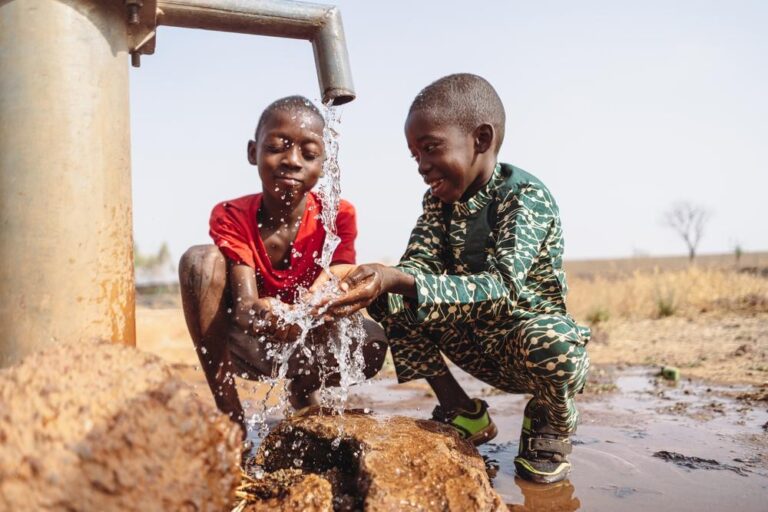Introduction to the Water Crisis in Nigeria
Access to clean water is a major challenge in Nigeria, where millions of people struggle to find safe drinking water. This crisis affects the health and well-being of entire communities. In many areas, contaminated water sources lead to serious health issues, including waterborne diseases.
The Importance of Clean Water Access
Health Implications
Lack of clean water directly impacts the health of individuals, particularly children. Waterborne illnesses are one of the leading causes of death in Nigeria. Improving access to clean water can help significantly reduce these health risks.
Economic Impact
Access to clean water is also crucial for economic development. Without clean water, productivity levels decline as communities spend significant time and resources on fetching water. This can hinder economic growth and perpetuate poverty in affected areas.
Community-Led Solutions
Grassroots Initiatives
Many Nigerian communities have taken matters into their own hands to address the water crisis. Grassroots organizations are working tirelessly to implement sustainable water solutions. These initiatives often include rainwater harvesting, well drilling, and creating water filtration systems.
Collaboration with NGOs
Non-governmental organizations (NGOs) play a crucial role in enhancing water access. Collaboration between local communities and NGOs has led to successful water projects. These partnerships help provide resources, training, and knowledge to improve water access effectively. Learn more about these collaborative efforts here.
Government Involvement and Policy Changes
While community efforts have made significant strides, government involvement remains essential. Policy changes and funding for water infrastructure can amplify the impact of local initiatives. Increased political will and accountability are vital for addressing the water crisis on a larger scale.
Conclusion
Access to clean water in Nigeria is a multifaceted challenge that requires both community-driven solutions and government support. By working together, communities can overcome this crisis and ensure a healthier future. Awareness and action are key to facilitating lasting change in water access.

